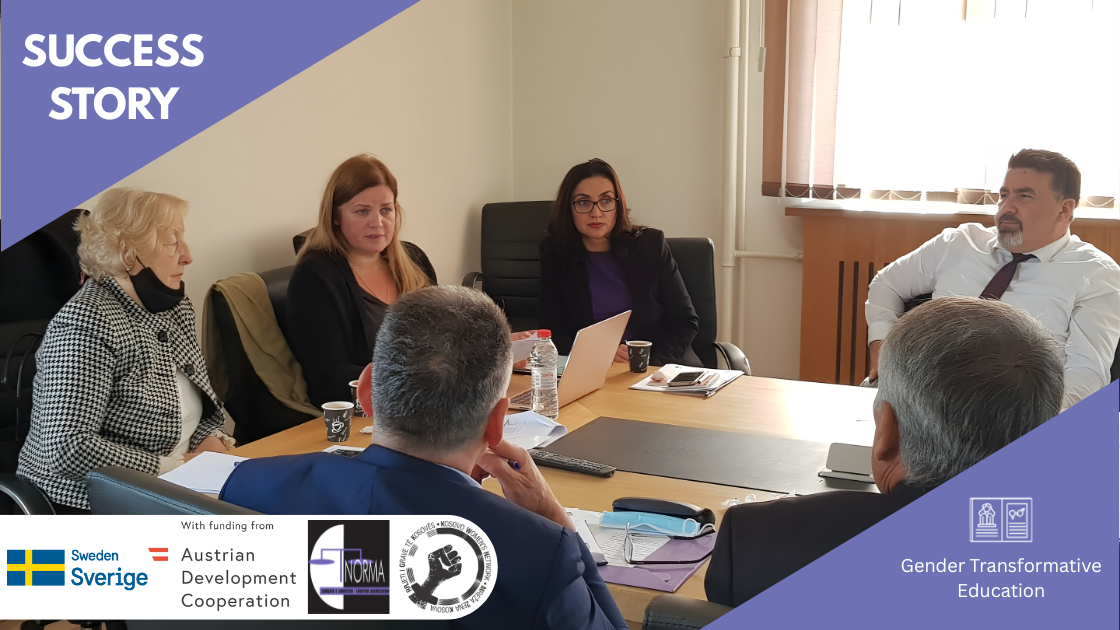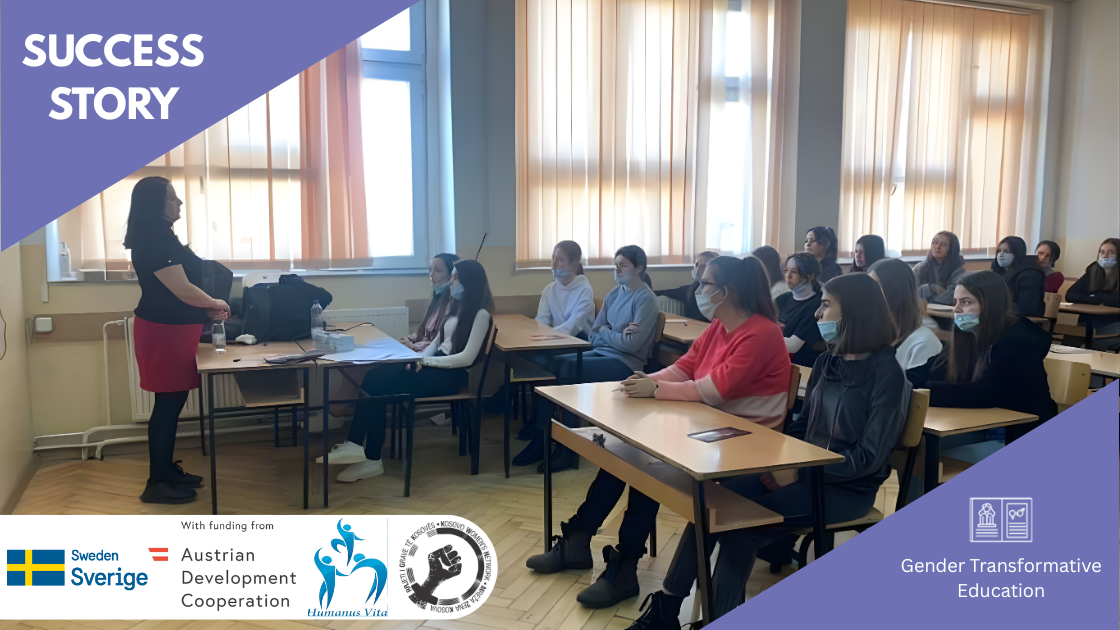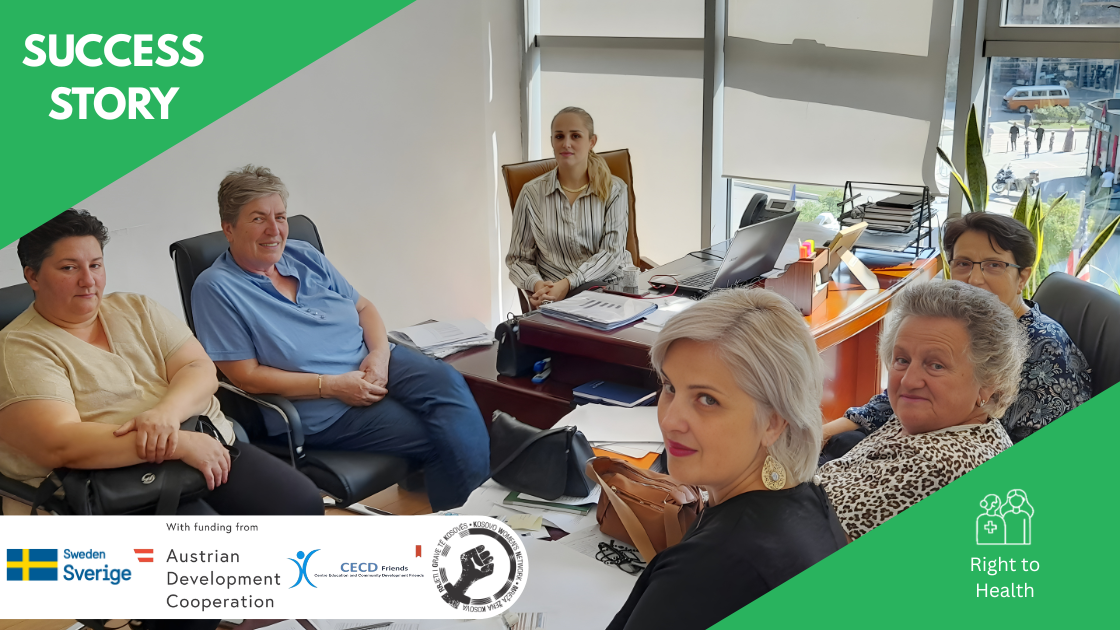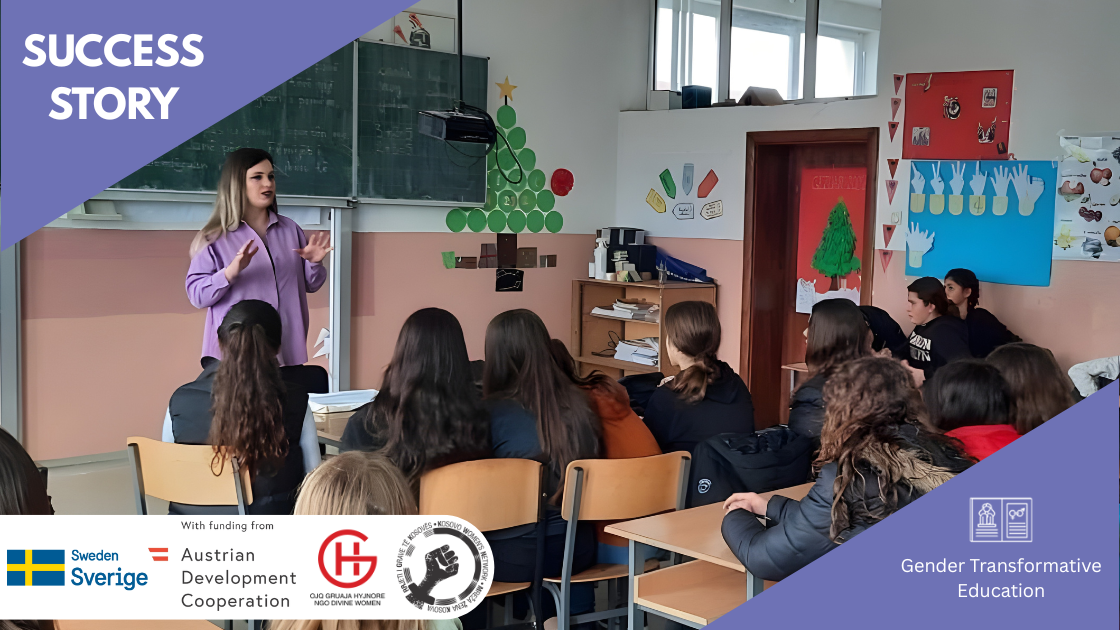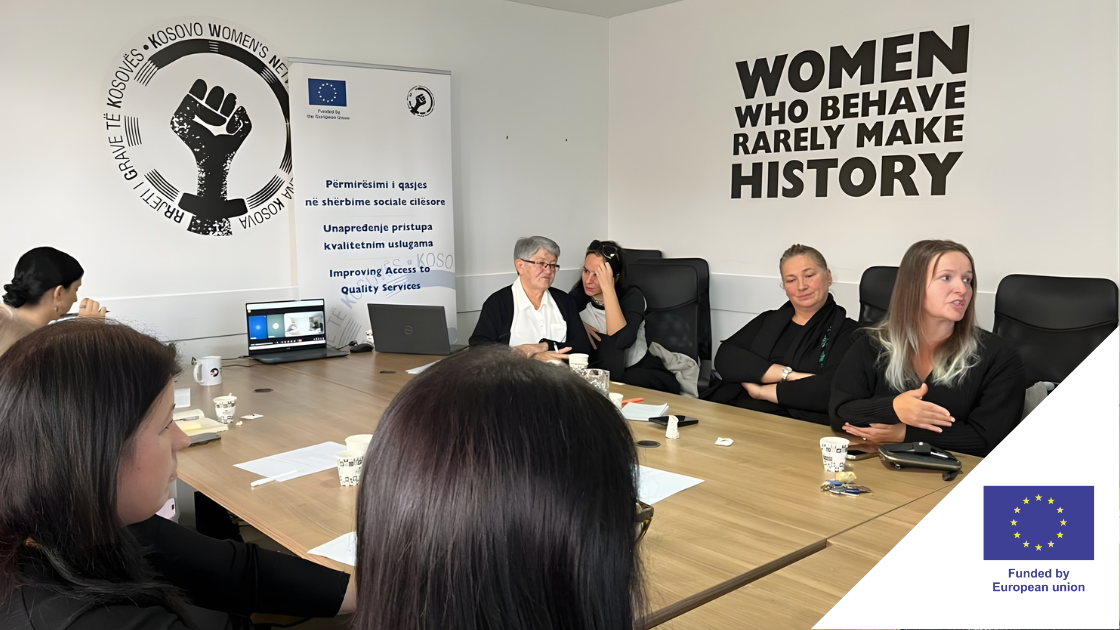In the context of its new Strategy for 2015-2018, KWN is emphasizing three messages: solidarity, cooperation and coordination.
Solidarity is crucial for the survival of the women’s movement in Kosovo, as well as for forging alliances across diverse women and men towards furthering gender equality. Gossip and jealousy serve as swords that can undo solidarity among people and undermine their shared interests in furthering gender equality. KWN thus continues to promote solidarity, particularly among KWN member organizations and women in politics towards collaborating in achieving their shared aims.
Cooperation is important in partnering with other stakeholders to achieve shared aims, just as coordination with actors is important for decreasing overlap and improving efficiency and effectiveness of our work.
Therefore, KWN has stepped up its outreach efforts, meeting with diverse actors that have similar interests. Meeting with various stakeholders who are involved in work similar to KWN’s is time consuming and sometimes a challenge, considering KWN’s many other activities and limited human resources. However, we consider coordination meetings crucial to knowing what is happening in each sector and ensuring that we maximize impact and decrease overlap with other actors working in similar areas. We have found from prior experience that the lack of coordination in Kosovo can undermine our efforts and contribute to frustration among the public officials with whom we collaborate.
In 2015, KWN plans to take the lead in organizing coordination meetings related to support for furthering women’s participation in politics and decision-making. This includes all efforts targeting women in politics at municipal and national levels. KWN seeks to improve coordination and cooperation among the Lobby for Gender Equality, Organization for Security and Cooperation in Europe, Helvetas / Swiss Development Cooperation, the National Democratic Institute, the UN Kosovo Team, Women’s Caucus, Women’s Informal Groups, gender equality officers, women-led CSOs and other gender advocates at all levels.
KWN also will continue to participate in coordination groups on Gender-Responsive Budgeting and Property and Inheritance rights, respectively, currently organized by GIZ, as well as in the Security Gender Coordination Group led by UN Women and the Council for women who suffered sexual violence during the war, led by the President of the Republic of Kosovo.

